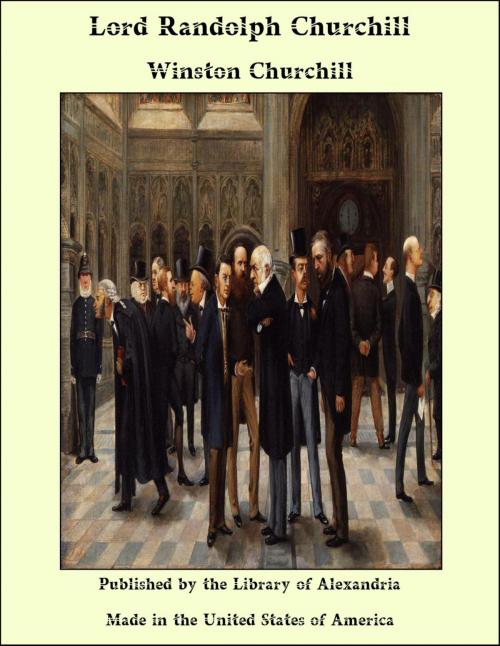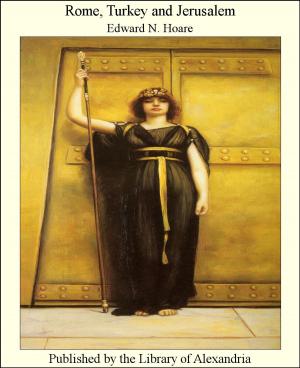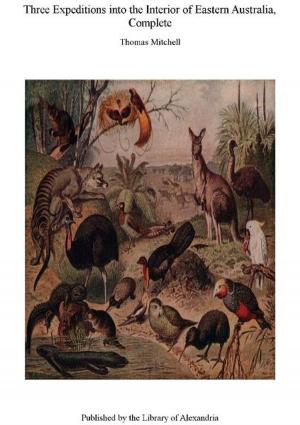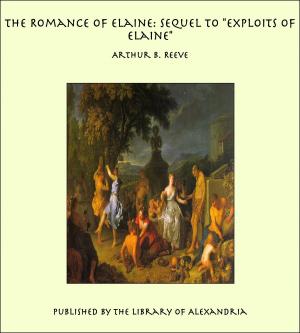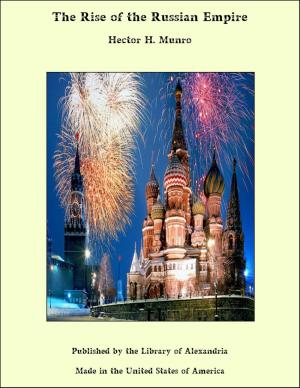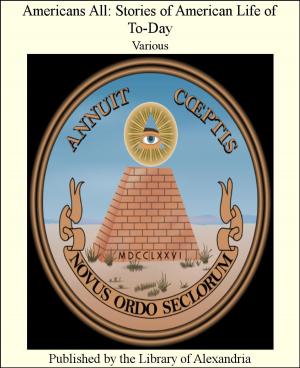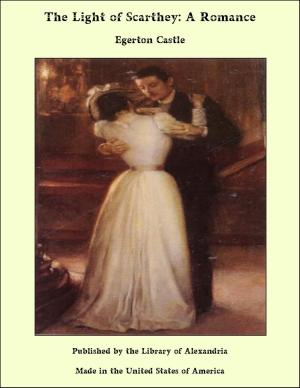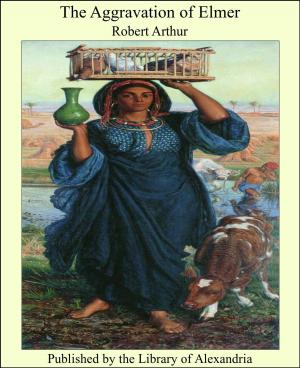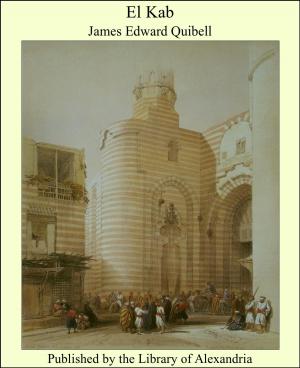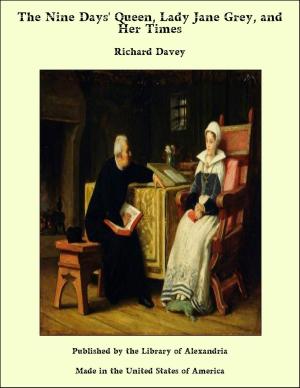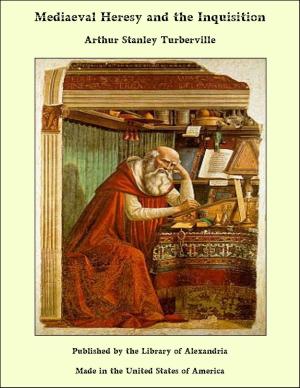| Author: | Winston Churchill | ISBN: | 9781465581846 |
| Publisher: | Library of Alexandria | Publication: | July 29, 2009 |
| Imprint: | Library of Alexandria | Language: | English |
| Author: | Winston Churchill |
| ISBN: | 9781465581846 |
| Publisher: | Library of Alexandria |
| Publication: | July 29, 2009 |
| Imprint: | Library of Alexandria |
| Language: | English |
IN the spring of 1893 Lord Randolph Churchill, feeling that he had slender expectations of long life, placed all his papers, private and official, under a trust-deed which consigned them at his death to the charge of two of his most intimate political friends, Viscount Curzon (now Earl Howe) and Mr. Ernest Beckett (now Lord Grimthorpe). As he made a practice of preserving almost every letter he received, the number of documents was sufficient to fill eleven considerable tin boxes. Subject to the conditions prescribed in the trust-deed in regard to matters affecting the India Office or the Foreign Office—which have, of course, been strictly observed—these papers were placed in my hands by my fathers literary executors in July 1902, for the purpose of my writing a full account of his life and work. I am deeply sensible of the confidence implied and of the honour conveyed in that commission, and during the three and a half years which have passed since I accepted it, I have diligently laboured—in spite of some political distractions—to discharge it to the best of my ability. Sir Michael Hicks-Beach (having consulted with the late Lord Salisbury) and Lord Rosebery have expressed the opinion that the story of Lord Randolph Churchills life may now be fully told without impropriety towards individuals or the public. Indeed, it is high time to do so. Lord Randolphs part in national affairs is not to be measured by long years of office. No great legislation stands in his name upon the statute book. He was a Chancellor of the Exchequer without a Budget, a Leader of the House of Commons but for a single session, a victor without the spoils. No tangible or enduring records—unless it be the Burma province—exist of his labours, and the great and decisive force which he exerted upon the history of the Conservative and Unionist party might be imperfectly realised by a later generation, unless it were explained, asserted, and confirmed by the evidence of those who came in contact or collision with his imperious and vivifying personality.
IN the spring of 1893 Lord Randolph Churchill, feeling that he had slender expectations of long life, placed all his papers, private and official, under a trust-deed which consigned them at his death to the charge of two of his most intimate political friends, Viscount Curzon (now Earl Howe) and Mr. Ernest Beckett (now Lord Grimthorpe). As he made a practice of preserving almost every letter he received, the number of documents was sufficient to fill eleven considerable tin boxes. Subject to the conditions prescribed in the trust-deed in regard to matters affecting the India Office or the Foreign Office—which have, of course, been strictly observed—these papers were placed in my hands by my fathers literary executors in July 1902, for the purpose of my writing a full account of his life and work. I am deeply sensible of the confidence implied and of the honour conveyed in that commission, and during the three and a half years which have passed since I accepted it, I have diligently laboured—in spite of some political distractions—to discharge it to the best of my ability. Sir Michael Hicks-Beach (having consulted with the late Lord Salisbury) and Lord Rosebery have expressed the opinion that the story of Lord Randolph Churchills life may now be fully told without impropriety towards individuals or the public. Indeed, it is high time to do so. Lord Randolphs part in national affairs is not to be measured by long years of office. No great legislation stands in his name upon the statute book. He was a Chancellor of the Exchequer without a Budget, a Leader of the House of Commons but for a single session, a victor without the spoils. No tangible or enduring records—unless it be the Burma province—exist of his labours, and the great and decisive force which he exerted upon the history of the Conservative and Unionist party might be imperfectly realised by a later generation, unless it were explained, asserted, and confirmed by the evidence of those who came in contact or collision with his imperious and vivifying personality.
